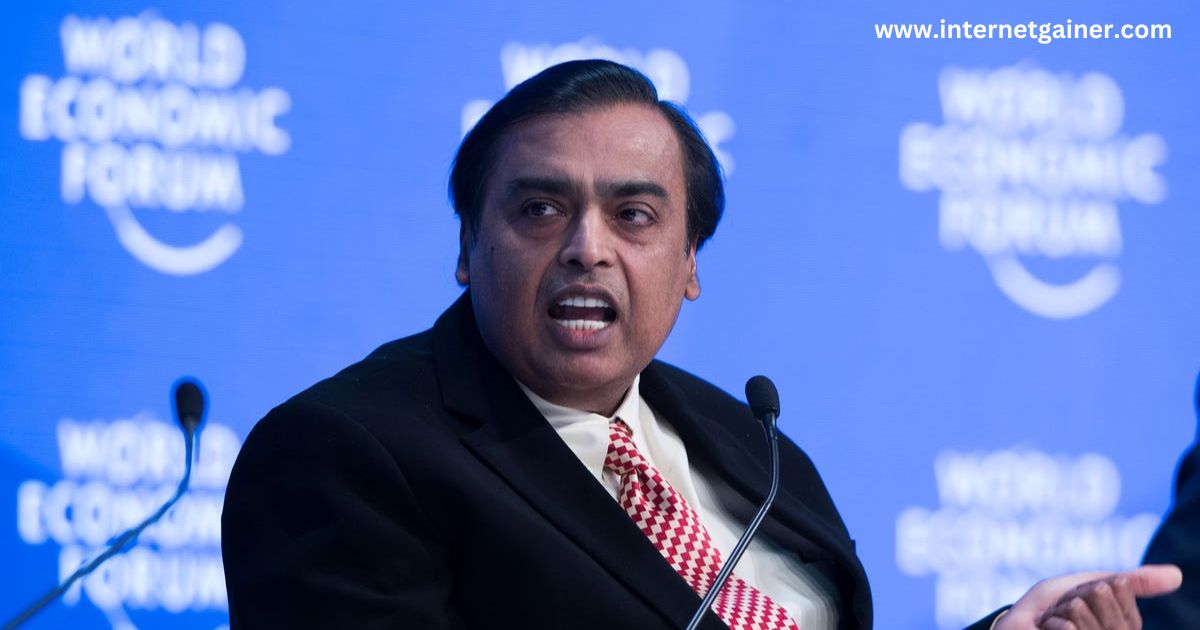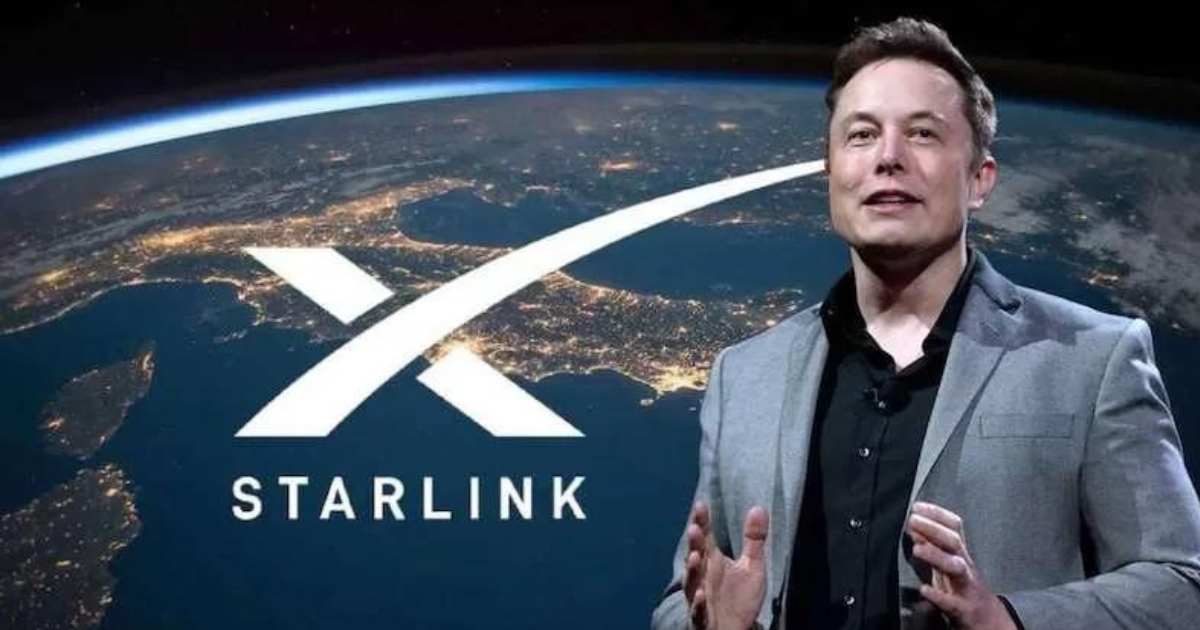The growing competition in India’s satellite internet market has sparked significant debate. Reliance Industries, led by Mukesh Ambani, has requested that the Indian government review the operations of foreign satellite internet providers, including Elon Musk’s Starlink and Amazon’s Project Kuiper.
This raises a critical question: Can international tech giants coexist with local powerhouses in India’s telecom landscape?
Reliance’s concerns go beyond market competition—it’s about regulatory fairness, data sovereignty, and the future of India’s digital economy. Let’s dive deeper into this issue and explore the implications for all stakeholders.
What Are Starlink and Amazon’s Project Kuiper?
Starlink
Starlink, an ambitious project by Musk’s SpaceX, uses low-Earth orbit (LEO) satellites to deliver high-speed internet. With over 5,000 satellites already in orbit, it promises connectivity in even the remotest parts of the globe. Starlink has been particularly appealing to rural areas, where traditional infrastructure is limited.
Amazon’s Project Kuiper
Amazon’s Project Kuiper aims to launch a similar LEO satellite constellation. Though not yet operational, it plans to provide reliable, fast internet access across the globe. Amazon has committed billions of dollars to this initiative, signaling its serious intent to compete with Starlink and other providers.
These satellite internet services represent the future of global connectivity, but their entry into India isn’t without challenges.
Why Is Reliance Concerned About Starlink and Amazon?
1. Regulatory Compliance
Reliance argues that Starlink and Amazon should follow India’s strict telecommunications regulations, including:
- Licensing: Obtaining approvals to operate in India.
- Spectrum Allocation: Acquiring satellite spectrum through auctions.
- Revenue Sharing: Paying taxes and revenue shares to the Indian government, as required by local telecom laws.
Reliance believes foreign companies may bypass these rules, creating an uneven playing field.
2. Market Disruption
Reliance is a dominant player in the Indian telecom industry through its Jio platforms. The entry of well-funded global players like Starlink and Amazon could disrupt market dynamics, potentially affecting Jio’s market share and profitability.
3. Data Sovereignty
With increasing concerns over data privacy, Reliance has highlighted the need for Indian user data to remain within the country. Allowing foreign satellite services without strict data localization norms could raise security concerns.
How Does This Debate Impact India’s Digital Landscape?
Opportunities
- Connectivity for Rural India:
Starlink and Amazon can bring high-speed internet to underserved regions, aligning with India’s Digital India mission. - Increased Competition:
The entry of international players can push Indian companies to innovate and improve services. - Economic Growth:
Better internet access can drive education, healthcare, and e-commerce in remote areas.
Challenges
- Regulatory Hurdles:
Prolonged debates over licensing and compliance could delay the rollout of satellite internet services. - Monopoly Concerns:
If global giants dominate the market, smaller domestic players might struggle to survive. - Privacy Risks:
Foreign operators may not adhere to India’s stringent data protection laws, raising concerns over user data security.
How Is Reliance Preparing to Compete?
Reliance isn’t merely voicing concerns—it’s gearing up to compete. The company has made significant investments in satellite communication technology, aiming to launch its services in collaboration with local and international partners. By leveraging its existing infrastructure and strong market presence, Reliance seeks to maintain its leadership in India’s connectivity sector.
What Actions Might the Indian Government Take?
The Indian government faces a delicate balancing act. On one hand, it wants to attract foreign investment and technology to improve connectivity. On the other, it must protect local businesses and ensure compliance with national regulations. Likely actions include:
- Stricter Licensing Frameworks: Ensuring all players, domestic and international, follow the same rules.
- Spectrum Auctions: Requiring satellite providers to bid for spectrum, as is standard for telecom operators.
- Data Localization Mandates: Requiring companies to store user data within India.
These measures could shape the trajectory of satellite internet in India.
Key Takeaways
- Reliance Industries has urged the Indian government to review the operations of Starlink and Amazon’s Project Kuiper, citing regulatory and market concerns.
- Starlink and Kuiper offer transformative potential for India’s connectivity but face challenges in navigating India’s regulatory framework.
- The Indian government must balance the need for innovation with fair competition and data security.
FAQs
Why is Reliance against Starlink and Amazon?
Reliance isn’t necessarily against these companies but seeks a level playing field by ensuring they follow India’s licensing and regulatory norms.
What makes satellite internet services important for India?
Satellite internet can bridge the digital divide by providing high-speed connectivity to remote and rural areas where traditional broadband is unavailable.
Will Starlink and Kuiper comply with Indian regulations?
Both companies have expressed willingness to work within India’s legal framework, but compliance processes may take time.
How will this affect consumers?
Indian consumers stand to benefit from faster, more reliable internet access, but regulatory delays could postpone these benefits.
Is Reliance planning its satellite internet services?
Yes, Reliance is actively investing in satellite communication technologies to compete in this emerging sector.
Final Thoughts
India’s satellite internet market is at a crossroads. The entry of global players like Starlink and Amazon could revolutionize connectivity but also disrupt existing market dynamics. Reliance’s push for a regulatory review reflects broader concerns about fair competition, data sovereignty, and economic stability.
The outcome of this debate will likely set the tone for how India navigates its ambitions for a digitally inclusive future while balancing domestic and international interests. For more Starlink Internet information check the internetgainer.



